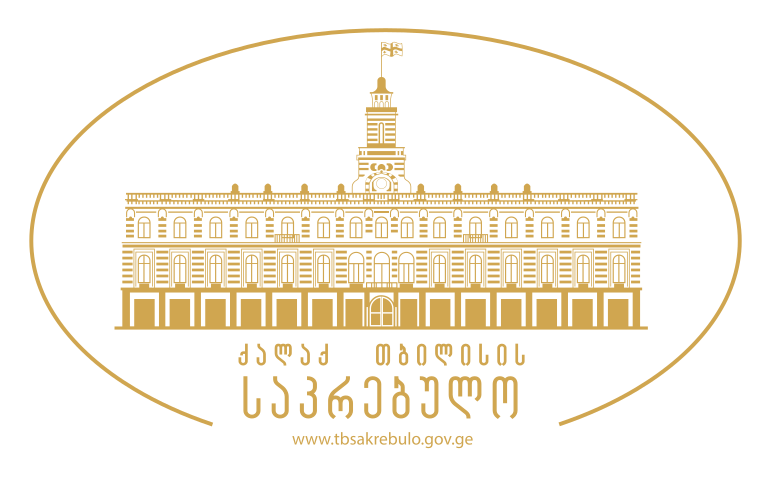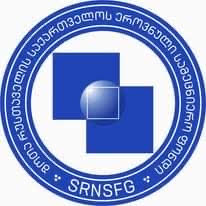Iman HUMAYDAN
Iman HUMAYDAN is a Lebanese writer, photographer and videographer.
Co-founder of PEN Lebanon and board member of PEN International.
Wrote 4 novels: Ba’ methl bait methl bayrout, alMassar 1997; toot barri, alMassar 2002; hayawat okhra, Arrawi 2012; and khamsouna graman mena aljannah, al Saqi 2016.
Her novels were translated into international languages including German, French, English, Italian, Dutch, Georgian, and Armenian. Her writings tackle post- Lebanese civil war, and gender issues, memory, identity, language, and migration. She aims at making women’s voices visible. Her last novel, 50 Grams of Paradise, won the Katara Prize. Its French translation was shortlisted for the Literary Prize of the Arab World Institute in Paris (IMA).
The author was invited as a writer in residence to many European cities including Berlin, Brussels, The Hague, and Basel, as well as other international cities like Montreal, Iowa, and Chicago. She is affiliated to the International Writing Program in the University of Iowa since 2011.
The lockdown period, due to COVID, led to a new dimension in the work of Humaydan. She started working on audio visual performances. ‘’ During lockdown, I needed to express myself and the world around me in different disciplines’’, the writer said.
In April 2021, she worked with young Lebanese poets, on a video event dedicated to her city Beirut that was partially destroyed in August 2020.
In November 2021, she participated with an audio-visual performance, in an art exposition in Basel titled Arriving Slowly.
Iman Humaydan leads seminars on Arabic language, voices of Arab women writers, and creative writing in Arabic and English.
Researcher and film script writer: "Chatti ya Deni "(Here comes the Rain) 2011, and “Asmahan: Une Diva Orientale“ 2012 .
Lecturer on Middle Eastern issues and Arab women voices in European and American universities.
Since 2015, she has been teaching creative writing in Paris 8 University, France.
At present the author writes her fifth novel and lives between Beirut and Paris.
The Project was supported by Shota Rustaveli National Science Foundation of Georgia (SRNSFG) [grant number MG-ISE-22-170]

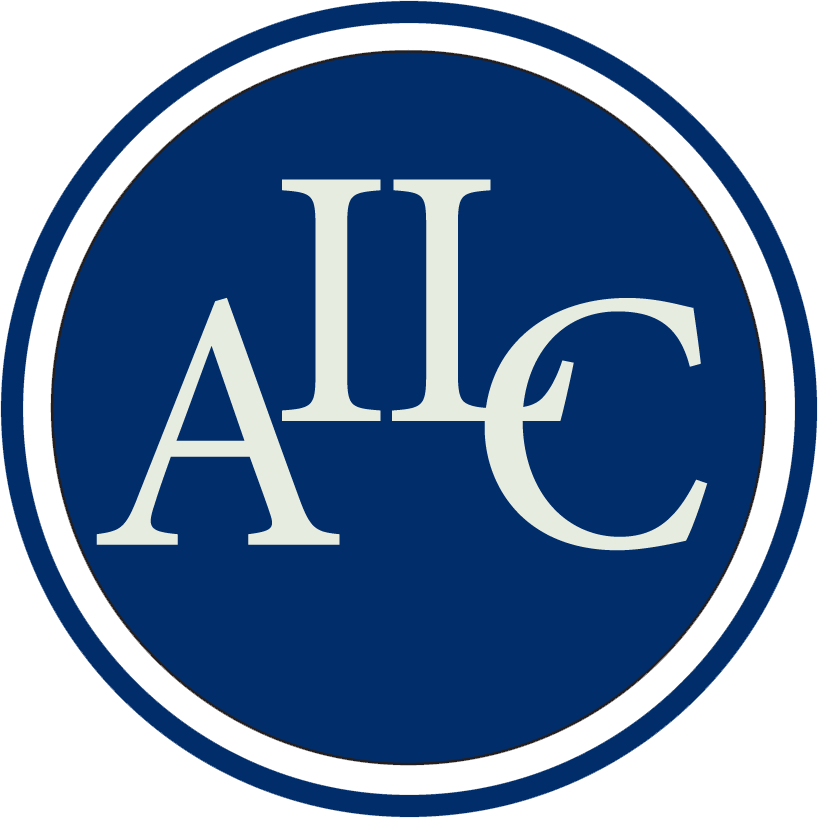
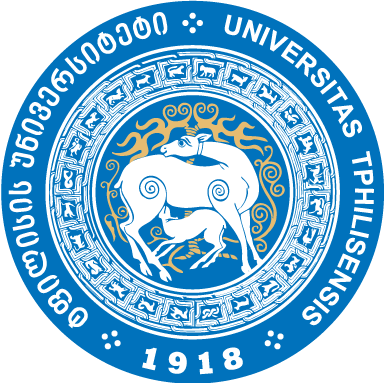
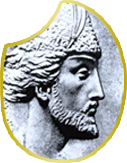
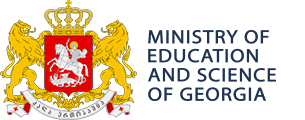
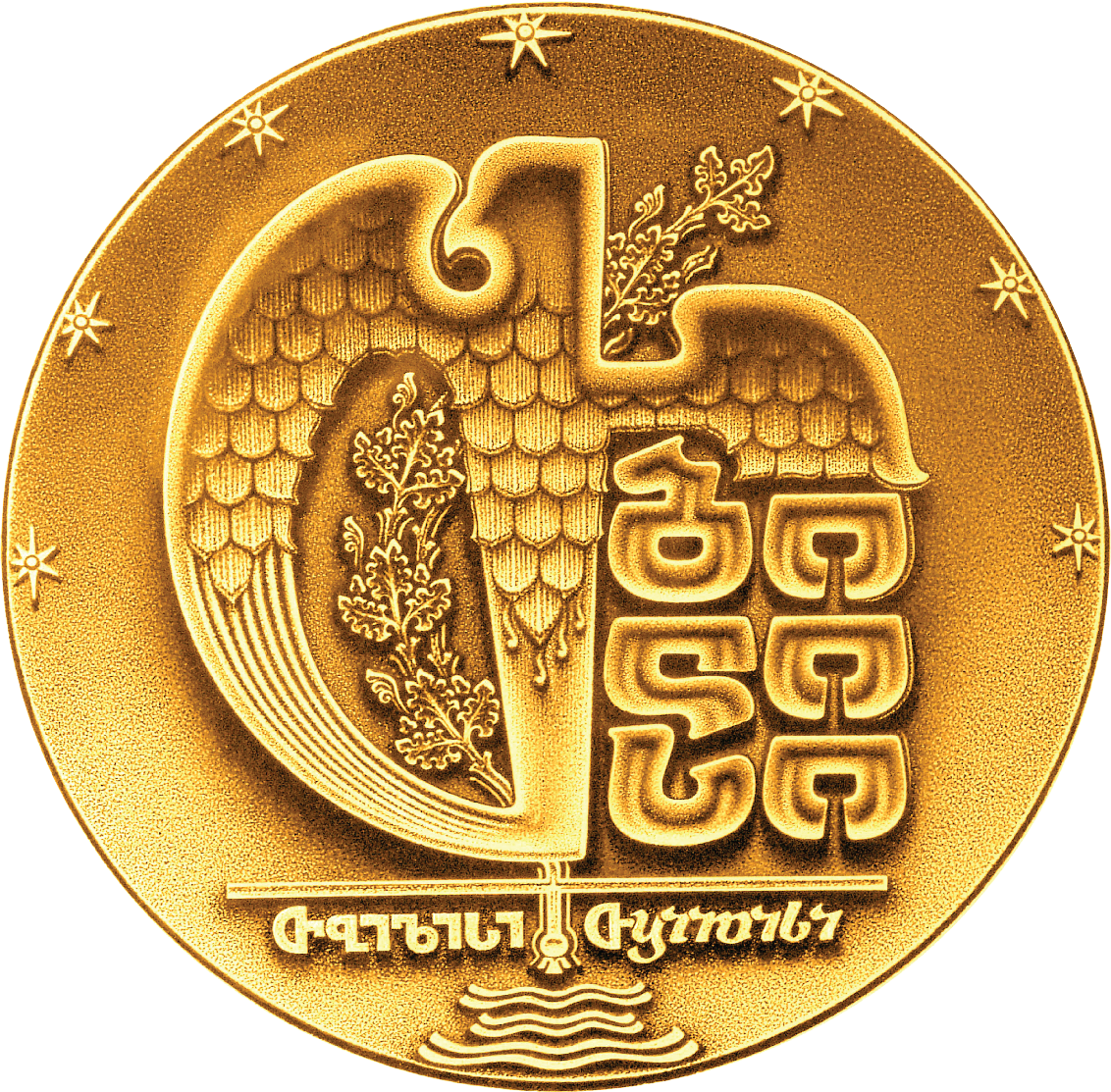

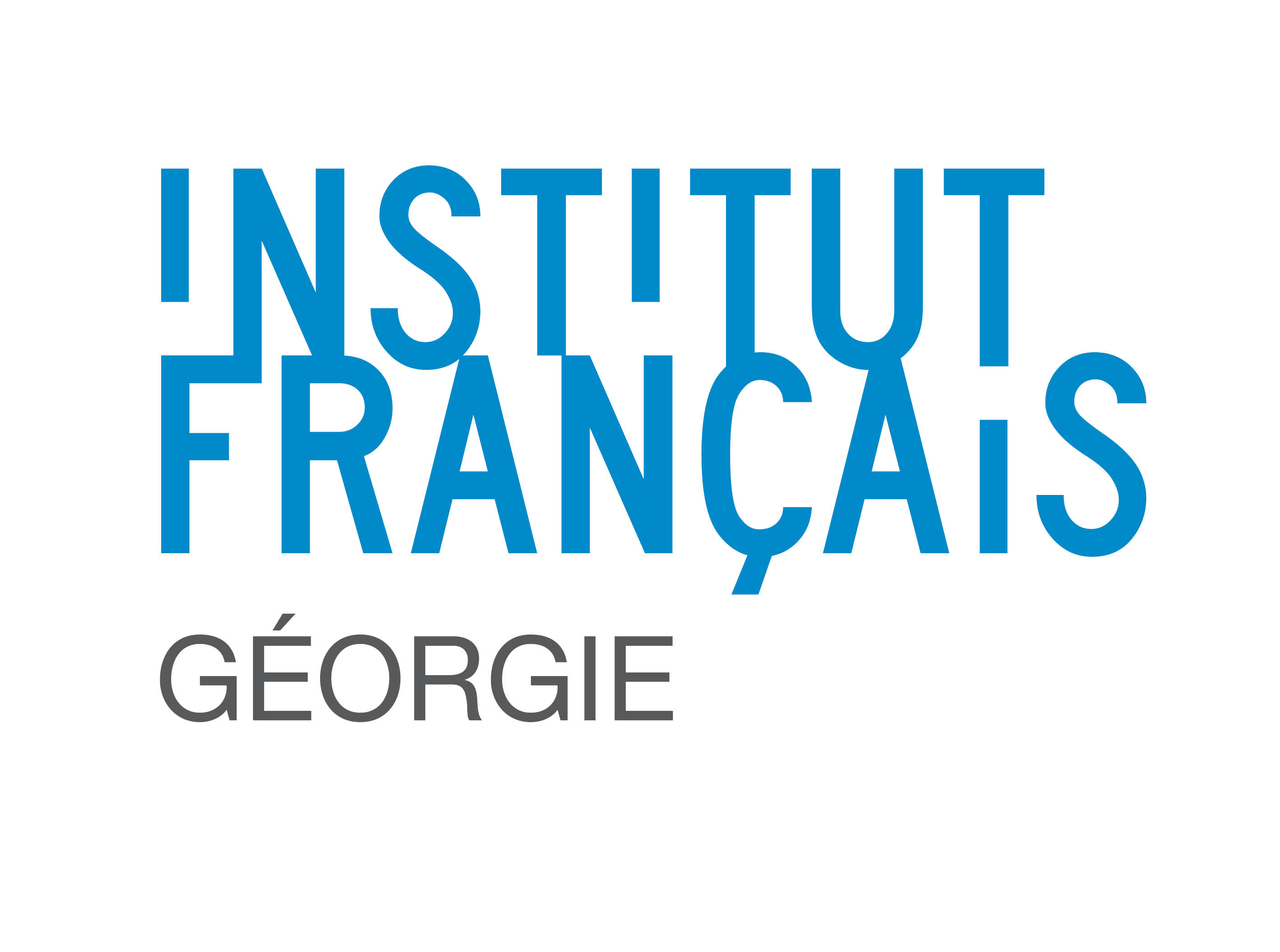


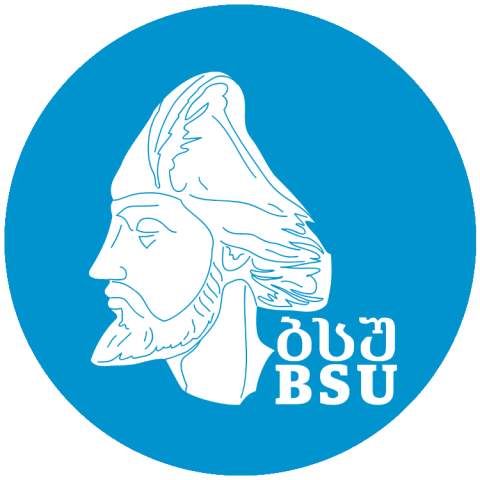

_001.png)

